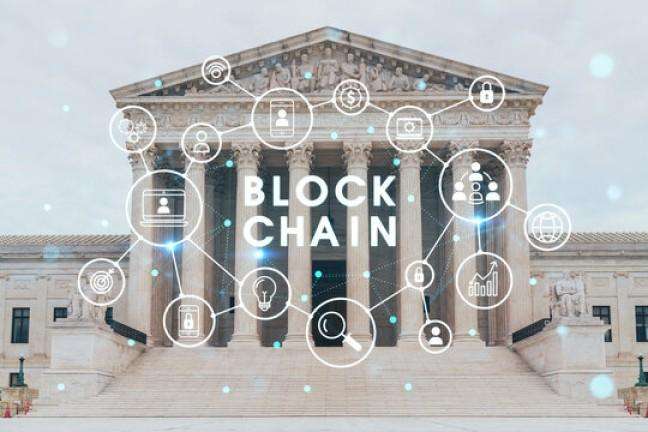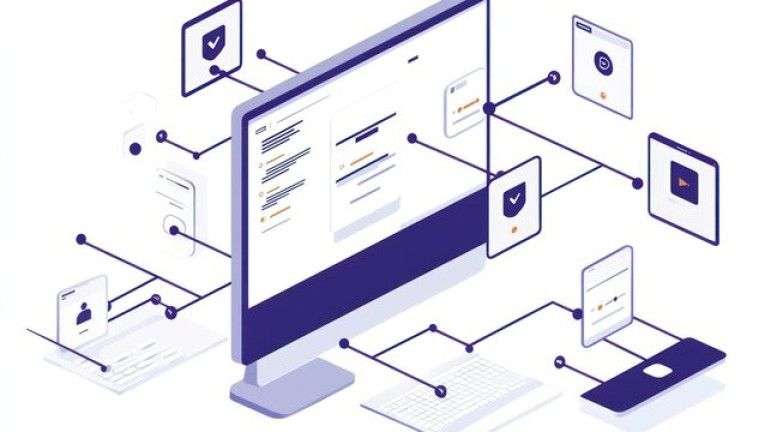Introduction
Blockchain games have become a key part of the gaming industry. Unlike traditional video games, blockchain games use decentralized technology to allow players to own in-game assets securely. In this article, I will explain how blockchain games work, the major categories, and how they compare to traditional games. I will also include tables for comparison, discuss in-game economies, and analyze the potential risks and rewards.
Table of Contents
What Are Blockchain Games?
Blockchain games, also known as play-to-earn (P2E) or GameFi games, use blockchain technology to store in-game assets as non-fungible tokens (NFTs) or fungible tokens. These assets may include characters, weapons, virtual land, or in-game currencies. Unlike traditional games, where the game developer has full control, blockchain games allow players to trade, sell, or transfer assets freely.
How Blockchain Games Work
- Asset Ownership – Players own digital items through NFTs or cryptocurrency.
- Decentralization – Game data is stored on blockchain networks, reducing centralized control.
- Smart Contracts – Self-executing agreements govern transactions and in-game mechanics.
- Interoperability – Some blockchain games allow assets to be used across different games.
Types of Blockchain Games
| Game Type | Description | Example Games |
|---|---|---|
| Play-to-Earn (P2E) | Players earn cryptocurrency by playing the game. | Axie Infinity, Thetan Arena |
| Metaverse Games | Virtual worlds with digital ownership and economies. | Decentraland, The Sandbox |
| Trading Card Games | Digital collectible card games on the blockchain. | Gods Unchained, Splinterlands |
| Strategy Games | Players build and manage assets with blockchain-based ownership. | League of Kingdoms, Crabada |
| Role-Playing Games (RPGs) | Players explore, complete quests, and earn blockchain assets. | Illuvium, Big Time |
Play-to-Earn vs Traditional Games
| Feature | Blockchain Games | Traditional Games |
|---|---|---|
| Ownership | Players own in-game assets | Game developer controls all assets |
| Monetization | Players earn real value | Limited earning opportunities |
| Security | Blockchain-backed ownership | Risk of account bans or asset loss |
| Decentralization | Distributed control | Centralized control |
| Interoperability | Some assets work across games | Assets locked to one game |
In-Game Economies and Earning Potential
Many blockchain games have built-in economies where players can earn cryptocurrency. Let’s take Axie Infinity as an example.
Axie Infinity Earning Potential
Players earn Smooth Love Potion (SLP) by winning battles. The price of SLP varies, affecting earnings.
Example Calculation
- A player earns 100 SLP per day.
- If SLP is worth $0.05, daily earnings = 100 * 0.05 = $5.
- Monthly earnings = $5 * 30 = $150.
This earning potential depends on the market price of SLP and competition.
Blockchain Game Risks and Challenges
- Market Volatility – In-game currencies fluctuate in value.
- High Entry Costs – Some games require expensive NFT purchases.
- Regulatory Uncertainty – Governments may impose restrictions on blockchain games.
- Security Issues – Smart contract vulnerabilities can lead to asset losses.
- Scalability Limitations – Blockchain networks can experience congestion, leading to slow transactions.
The Future of Blockchain Gaming
The blockchain gaming industry is evolving with improved scalability, better security, and wider adoption. Developers are working on solutions to reduce entry barriers, increase user engagement, and create sustainable economies. Some promising trends include:
- Layer 2 Scaling Solutions – Faster and cheaper transactions on networks like Polygon.
- Play-and-Earn Models – Games that balance enjoyment with financial rewards.
- Cross-Game Assets – NFTs usable across multiple games.
- DAO Governance – Player-driven decision-making in game development.
Conclusion
Blockchain games are changing how players interact with digital assets. Unlike traditional games, they offer true ownership, earning opportunities, and decentralized control. However, risks like volatility and security issues remain. As the industry matures, we may see blockchain games becoming more accessible and stable. If you’re considering entering the space, research thoroughly and understand the risks before investing time or money.





